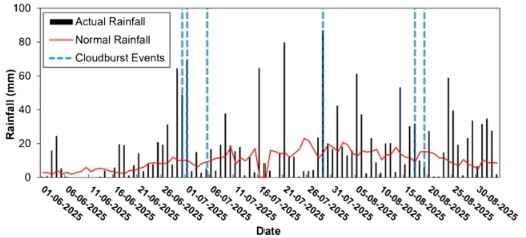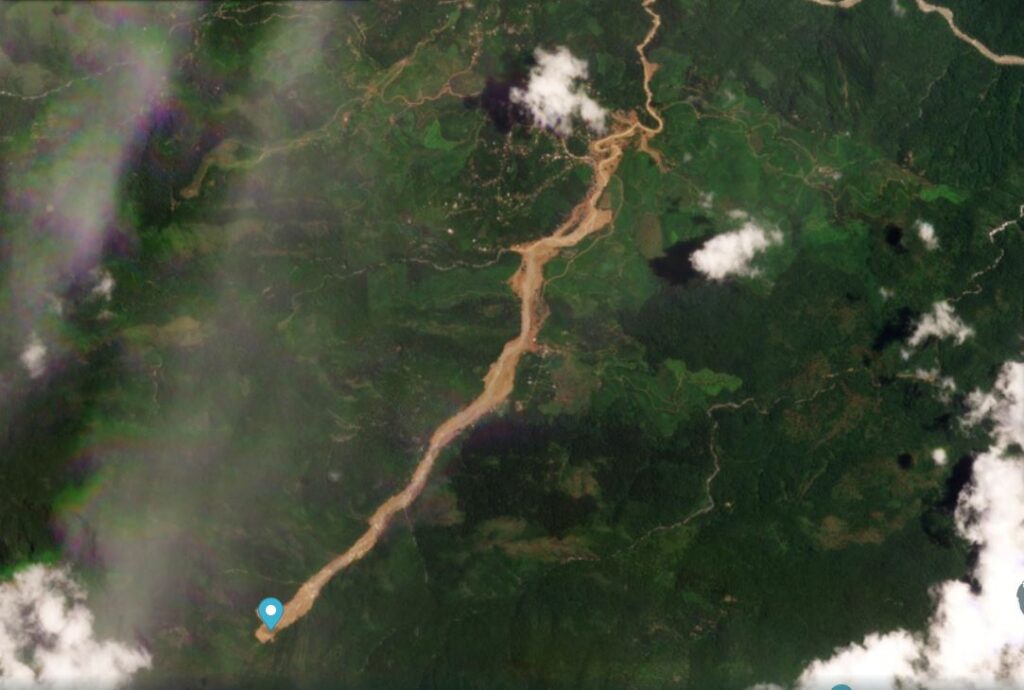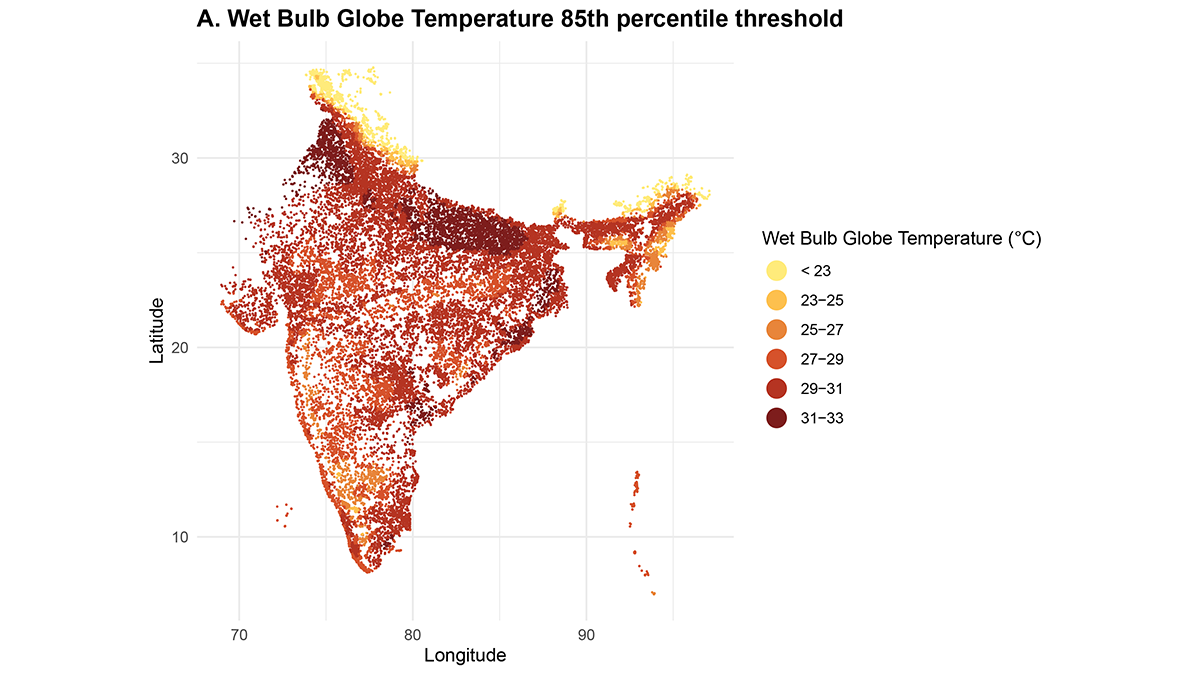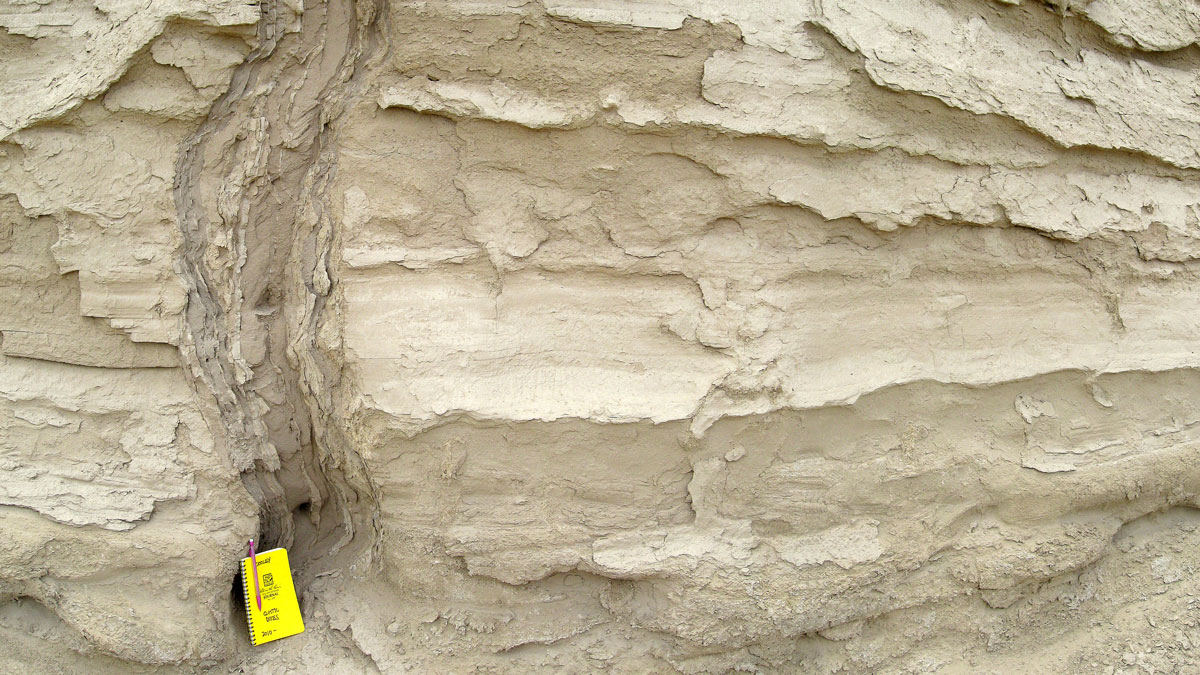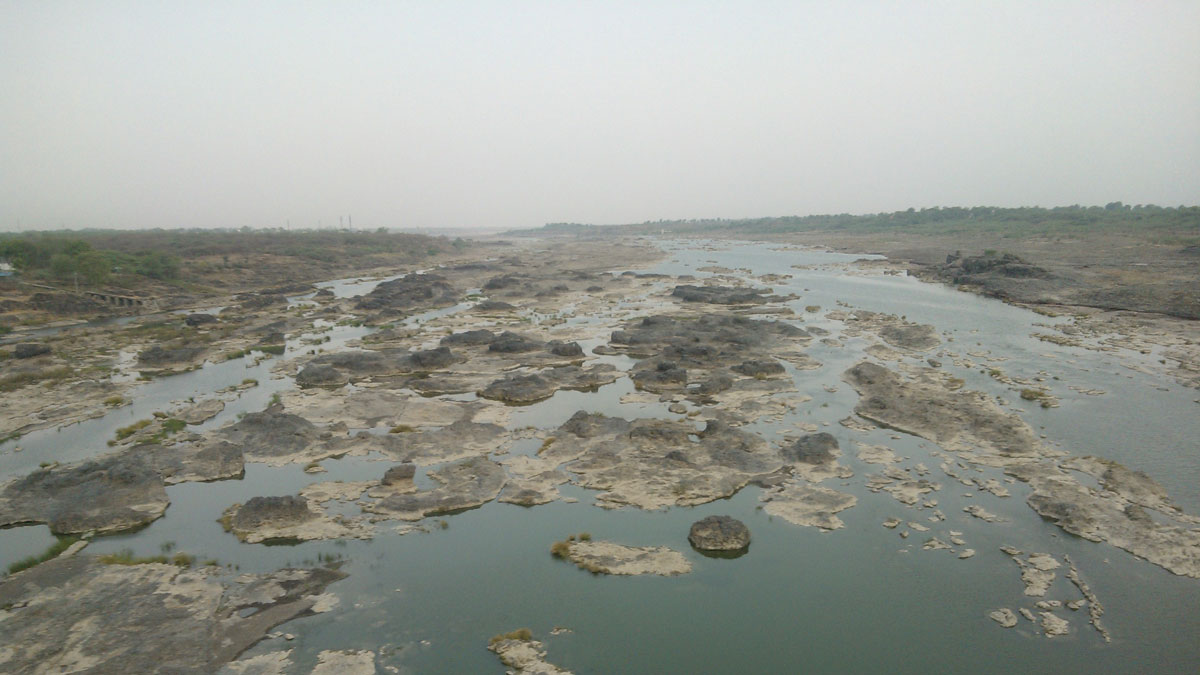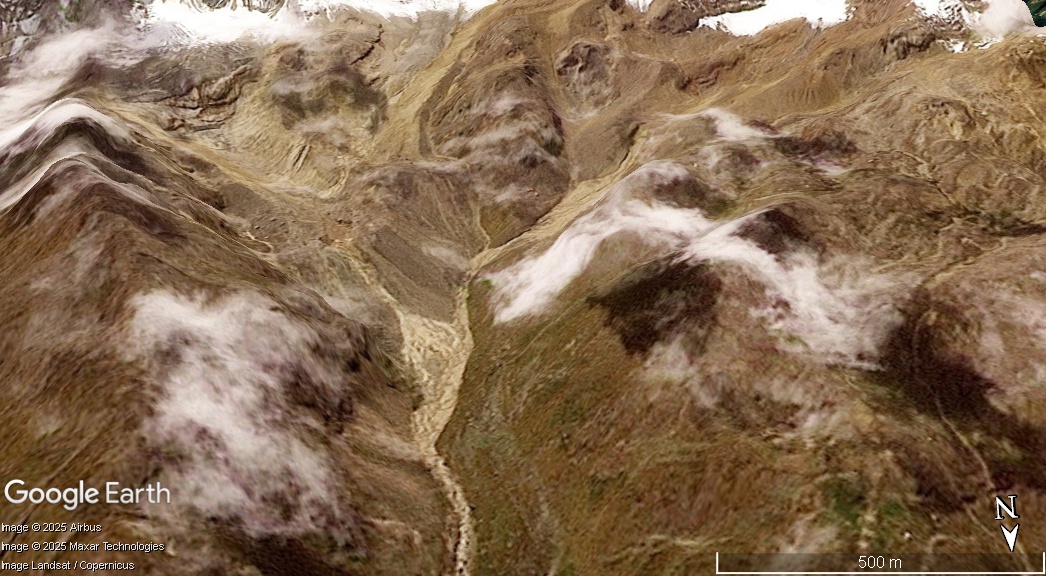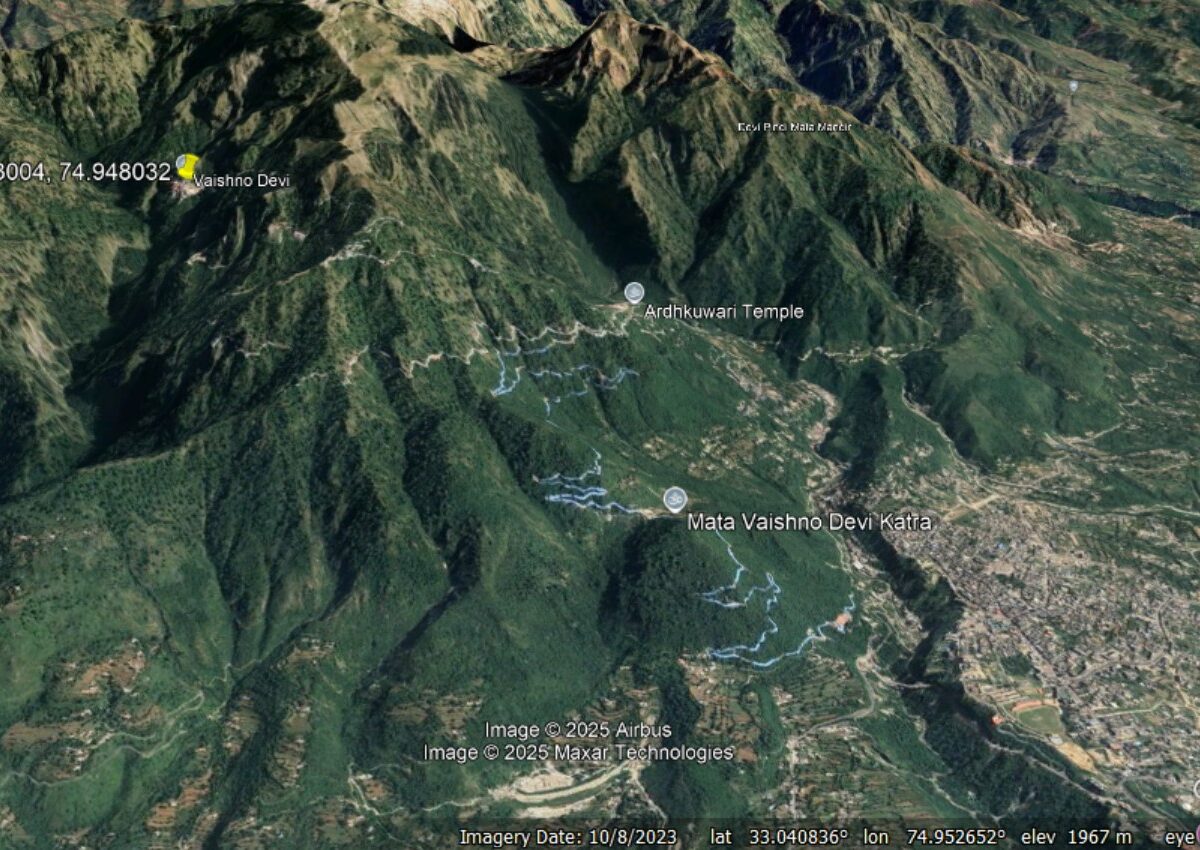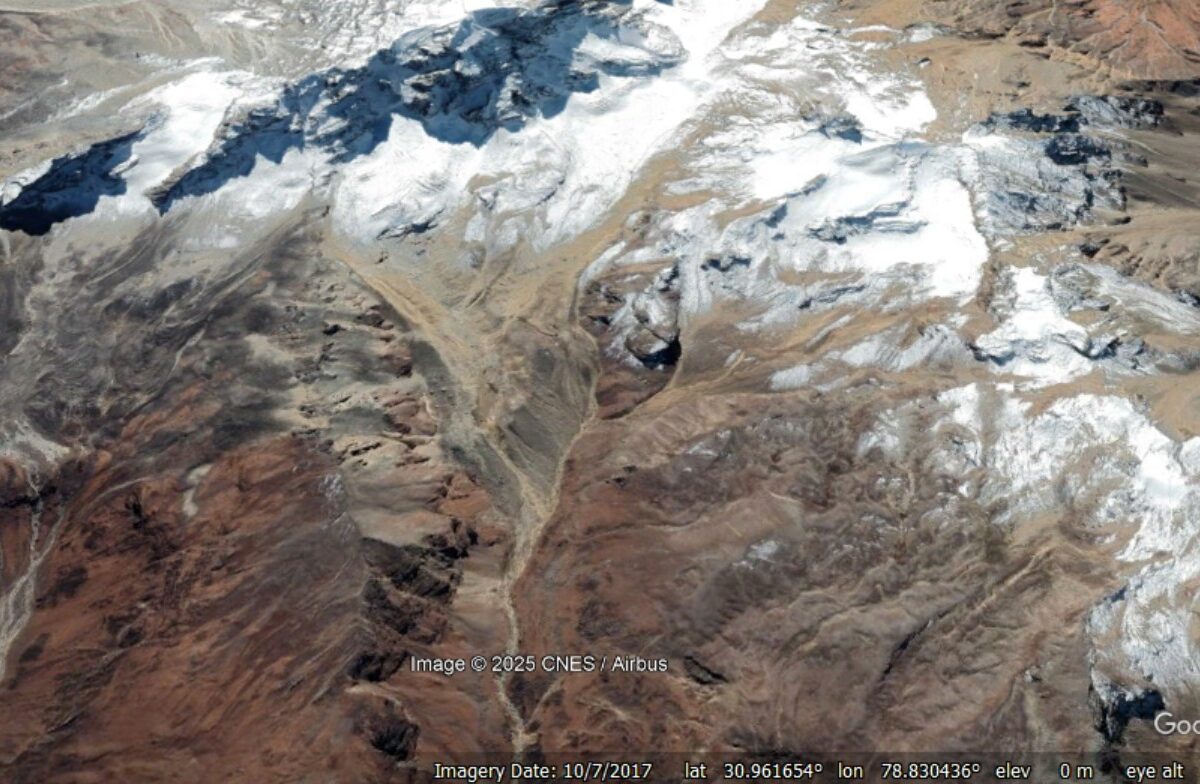In NW India, rainfall in the 2025 monsoon was 27% above the long term average. Over 2,500 people were killed in India and Pakistan by landslides and floods as a result. In India and Pakistan, the 2025 summer monsoon generated unusual amount of landslide activity. I described some of these events along the way, most […]
India
Which Countries Are Paying the Highest Price for Particulate Air Pollution?
Reducing the effects of air pollution requires estimations of where it costs the most—in both money and lives.
The mental health impact of landslide disasters
A new study (Akhila et al. 2025) in the the journal Development in Practice examines the mental health impacts of the 30 July 2024 Wayanad landslides in India. In this blog, I generally provide a commentary on recent landslide events and a review of subsequent studies of landslides. I regularly discuss the impacts on the […]
Heatwaves Increase Home Births in India
Heatwaves in India are associated with increased home births, with differential susceptibilities across regions and populations, threatening maternal and newborn health.
A late monsoon sting in the tale in the Himalayas
Very heavy rainfall across Nepal, NE. India and Bhutan has triggered landslides that have killed at least 60 people. Over the last few days, parts of the Himalayas have been hit by very high levels of rainfall, causing large numbers of damaging landslides. The picture is not yet fully clear, but Nepal and Bhutan, and […]
Spiky Sand Features Can Reveal the Timing of Ancient Earthquakes
Icicle-shaped features known as sand dikes form during ground shaking. New work reveals how these features can be used to date long-ago earthquakes.
Droughts Sync Up as the Climate Changes
A new study reconstructs roughly 800 years of streamflow history in India’s major rivers, showing an increase in synchronous drought linked to anthropogenic climate change.
The cause of the 5 August 2025 Dharali disaster in India
Planet satellite imagery has started to reveal the events that killed 70 people at in northern India. It clearly indicates that intense rainfall triggered landslides that transitioned into channelised debris flows. On 5 August 2025, a series of terrifying landslides struck Dharali in Uttarkashi, Uttarakhand, northern India. I blogged about this at the time – the Wikipedia […]
The 26 August 2025 landslide on the Vaishno Devi pilgrimage route in India
On 26 August 2025, a landslide triggered by extraordinary rainfall killed at least 34 people and injured another 20 individuals. On 26 August 2025, extremely intense late monsoon rainfall struck parts of Jammu and Kashmir in northern India, triggering extensive flooding and landslides. Unfortunately, a significant landslide occurred on the route to the Vaishno Devi […]
The possible causes of the Dharali (Tharali) debris flow in Uttarakhand, India
A possible cause of the 5 August 2025 landslide is the failure of a large body of glacial material high in the valley above the village. The imagery that is emerging after the 5 August 2025 debris flow in Dharali (Tharali), in Uttarakhand, northern India make very somber viewing. Melaine Le Roy posted this comparison […]

